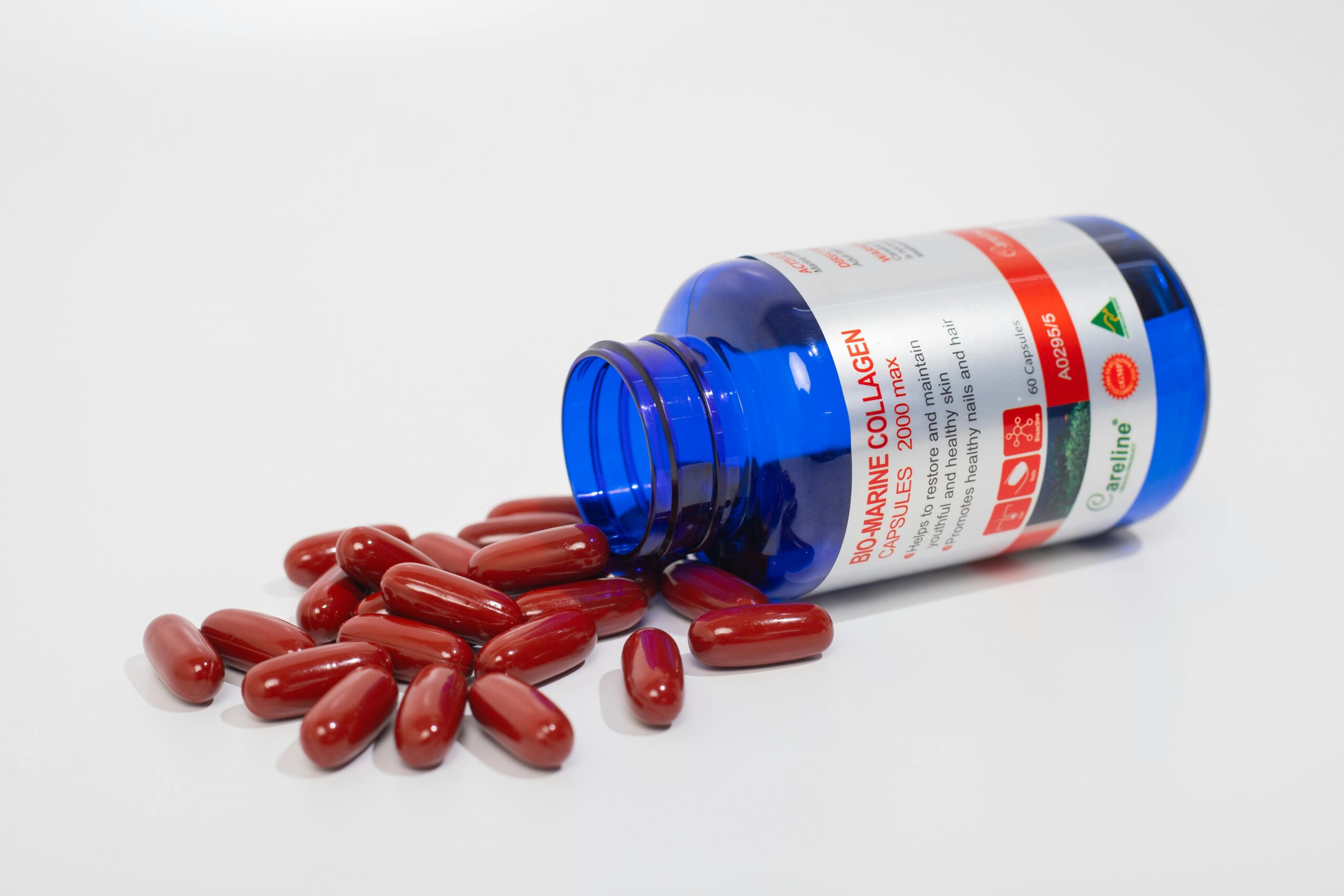Ulcuprazol is a medication commonly used to treat stomach and digestive issues. It is often prescribed for conditions like acid reflux, ulcers, and heartburn. This drug works by reducing the amount of acid produced in the stomach, which helps in healing ulcers and preventing discomfort. Many people experience relief from painful symptoms after taking Ulcuprazol.
The medicine is widely used and has proven effective for many patients. It’s important to understand how it works, what conditions it can treat, and what side effects it may cause. In this article, we will cover all aspects of Ulcuprazol to help you make an informed decision about its use.
How Does Ulcuprazol Work?
Ulcuprazol belongs to a class of drugs called proton pump inhibitors (PPIs). These medications work by blocking the enzyme in your stomach that produces acid. By lowering acid production, Ulcuprazol allows the lining of your stomach and intestines to heal, reducing symptoms like burning pain, bloating, and discomfort.
When you eat, your stomach naturally produces acid to help digest food. But for people with conditions like acid reflux or ulcers, too much acid can damage the stomach lining. Ulcuprazol prevents this by reducing acid levels, promoting healing, and providing relief from pain.

Common Uses of Ulcuprazol
Doctors often prescribe Ulcuprazol for a variety of digestive issues. Some of the most common conditions treated with this medication include:
Acid reflux: This condition, also known as GERD, occurs when stomach acid flows back into the esophagus, causing heartburn and discomfort. Ulcuprazol helps control this by reducing acid production.
Stomach ulcers: Ulcuprazol is used to treat ulcers, which are sores that form on the lining of the stomach or small intestine. By reducing acid levels, it allows the ulcers to heal naturally.
Zollinger-Ellison syndrome: This rare condition causes the stomach to produce too much acid. Ulcuprazol helps manage the excessive acid, reducing the risk of damage to the stomach lining.
Heartburn: People with frequent heartburn can benefit from taking Ulcuprazol regularly. It controls the amount of acid in the stomach, preventing burning sensations.
Benefits of Using Ulcuprazol
One of the biggest benefits of Ulcuprazol is its ability to provide relief from painful symptoms associated with excess stomach acid. It can prevent heartburn and help ulcers heal faster, giving patients a much-needed break from discomfort.
Another benefit is that it works over time, meaning patients can take it as part of their daily routine to prevent symptoms from returning. This makes it ideal for long-term conditions like GERD.
Moreover, Ulcuprazol is usually well-tolerated, meaning most people do not experience severe side effects. When used as prescribed, it can significantly improve quality of life for those dealing with stomach-related conditions.
Lorem ipsum dolor sit amet, consectetur adipiscing elit. Ut elit tellus, luctus nec ullamcorper mattis, pulvinar dapibus leo.

Possible Side Effects of Ulcuprazol
While Ulcuprazol is generally safe, some people may experience side effects. These side effects are usually mild and go away on their own, but it’s important to be aware of them. The most common side effects include:
Headaches: Some people may experience headaches while taking this medication. Drinking plenty of water and resting can help ease this.
Nausea or upset stomach: Since Ulcuprazol affects the stomach, some users might feel a bit nauseous. Taking the medication with food can help prevent this.
Diarrhea or constipation: Digestive changes like diarrhea or constipation can happen, though they are usually mild and temporary.
Dizziness: Some users may feel light-headed after taking Ulcuprazol. It’s important to sit or lie down if this happens.
If any severe side effects occur, like allergic reactions, chest pain, or trouble swallowing, it’s important to seek medical help right away. These reactions are rare but should not be ignored.
How to Use Ulcuprazol Safely
Taking Ulcuprazol as directed by your doctor is the key to getting the best results. Typically, the medication is taken once a day before a meal. It’s important to swallow the tablet whole without crushing or chewing it.
If you miss a dose, take it as soon as you remember. However, if it’s almost time for your next dose, skip the missed dose. Never take two doses at the same time, as this could cause harmful side effects.
It’s also important to follow your doctor’s instructions regarding the length of treatment. Some conditions may require longer use of Ulcuprazol, while others may only need short-term treatment.
Precautions When Using Ulcuprazol
While Ulcuprazol is effective, it’s not suitable for everyone. Pregnant or breastfeeding women should consult their doctor before using this medication. If you have liver disease or other medical conditions, it’s important to let your doctor know, as this may affect how the medication works.
Long-term use of Ulcuprazol may cause certain health problems, such as a higher risk of bone fractures or vitamin B12 deficiency. It’s important to use the medication only as directed and to have regular check-ups with your doctor to monitor your health.
Use of Ulcuprazol
For some individuals, Ulcuprazol is prescribed for long-term use, especially in cases of chronic conditions like GERD or Zollinger-Ellison syndrome. While the medication is effective in controlling acid levels over time, long-term use can sometimes raise concerns. It’s essential to be aware of potential risks and consult with your doctor regularly to ensure that the benefits of using the drug outweigh any possible downsides.
One concern with long-term use is the risk of developing a vitamin B12 deficiency. Stomach acid plays a role in absorbing vitamin B12, and since Ulcuprazol reduces acid production, it can affect your body’s ability to absorb this important vitamin. People taking the medication for extended periods should have their vitamin B12 levels checked periodically.
Another potential issue is an increased risk of bone fractures. Some studies suggest that prolonged use of proton pump inhibitors like Ulcuprazol may weaken bones, particularly in older adults. Taking calcium and vitamin D supplements can help support bone health while using this medication, but it’s best to consult your doctor for personalized advice.
Additionally, Ulcuprazol should not be stopped suddenly if used for a long time. Suddenly stopping the medication may cause a rebound effect, where stomach acid production increases rapidly, leading to a return of symptoms like heartburn and discomfort. Your doctor will advise on how to gradually reduce the dose if discontinuation is necessary.
Ulcuprazol and Lifestyle Changes
While Ulcuprazol is highly effective in managing acid-related conditions, making certain lifestyle changes can help improve its effectiveness and prevent symptoms from returning. Combining medication with healthy habits often leads to better long-term results.
First, diet plays a key role in managing acid reflux and other stomach issues. Avoiding trigger foods like spicy dishes, fatty meals, caffeine, and acidic foods can reduce the likelihood of heartburn or acid reflux. Eating smaller, more frequent meals instead of large meals can also prevent the stomach from producing too much acid.
Second, maintaining a healthy weight can reduce pressure on the stomach, lowering the chances of acid reflux. People who are overweight may experience more severe symptoms, and losing even a small amount of weight can provide relief.
Additionally, it’s important to avoid lying down immediately after eating. Waiting at least two to three hours before lying down or going to bed allows your stomach to properly digest food and reduces the risk of acid flowing back into the esophagus.
Reducing stress is another factor that can help manage digestive issues. Stress can increase stomach acid production and worsen conditions like GERD. Practicing relaxation techniques such as deep breathing, yoga, or meditation can help manage stress levels and improve overall health.
Lastly, quitting smoking and limiting alcohol intake are crucial steps. Both smoking and alcohol can irritate the stomach lining and increase acid production, making symptoms worse. Avoiding these habits can enhance the effectiveness of Ulcuprazol and improve your digestive health.
Conclusion
Ulcuprazol is a reliable and widely used medication that helps manage several digestive conditions, including acid reflux, ulcers, and heartburn. Its ability to reduce stomach acid and promote healing makes it a popular choice for people dealing with these uncomfortable symptoms.
However, like all medications, Ulcuprazol should be used responsibly. While it provides many benefits, it’s important to be aware of the potential side effects and risks, especially if you need to take it for a long time. Always follow your doctor’s instructions closely, and consult them if you experience any unusual symptoms.
In addition to medication, adopting lifestyle changes such as improving your diet, exercising regularly, and managing stress can support your digestive health and help prevent symptoms from coming back. By combining these strategies with Ulcuprazol, you can enjoy a more comfortable and healthier life.
FAQs
1. Can I take Ulcuprazol long-term?
Yes, Ulcuprazol can be taken long-term, especially for chronic conditions like GERD. However, long-term use may increase the risk of certain issues like vitamin B12 deficiency or bone fractures. Regular check-ups with your doctor are important to monitor your health while on this medication.
2. What should I avoid while taking Ulcuprazol?
While taking Ulcuprazol, it’s best to avoid foods and drinks that increase stomach acid, such as spicy foods, caffeine, alcohol, and fatty meals. Smoking should also be avoided, as it can irritate the stomach and make symptoms worse.
3. Can I take Ulcuprazol on an empty stomach?
It’s generally recommended to take Ulcuprazol before meals, ideally on an empty stomach. This helps the medication work more effectively by reducing acid production before food is consumed. However, always follow your doctor’s specific instructions.















